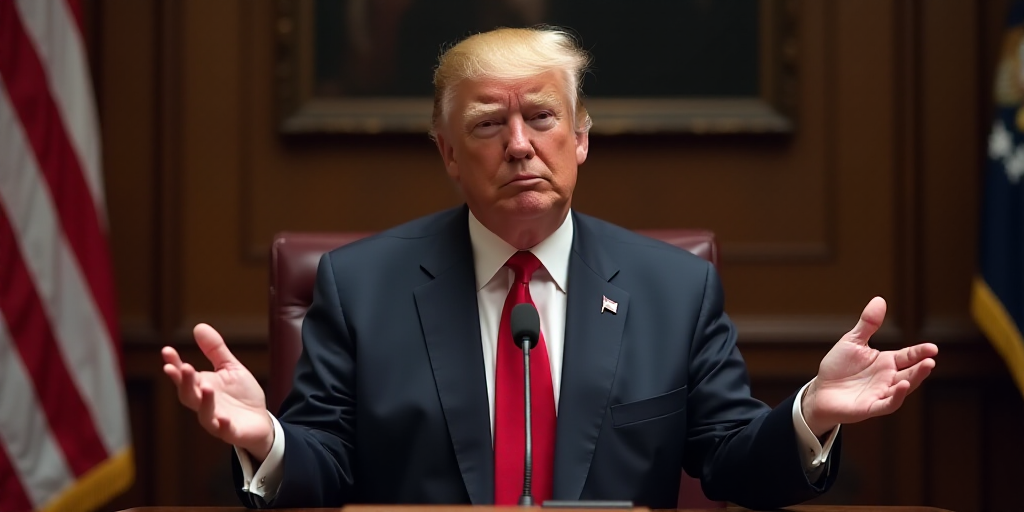Background on the Controversy
The controversy began when Donald Trump‘s administration, led by Secretary of Homeland Security Kristi Noem, revoked Harvard University’s ability to enroll foreign students, threatening the future of thousands of international students and the valuable resources they bring to the institution.
Harvard, home to 162 Nobel laureates and a bastion of liberal progressive ideology according to Trump, has been targeted due to its refusal to comply with the administration’s demands for oversight in admissions and hiring practices. The university has been subjected to financial threats, including a potential review of $9 billion in government funding, freezing of grants and contracts, and the deportation of a medical faculty researcher.
Judge’s Temporary Restraining Order
In response, Harvard filed a lawsuit and Judge Allison Burroughs of the U.S. District Court of Massachusetts issued a temporary restraining order on Friday, prohibiting the Trump administration from implementing the revocation of Harvard’s Student and Exchange Visitor Information System (SEVIS) certification.
This order puts the administration’s decision on hold until a preliminary court hearing on May 29th.
Impact on Harvard’s International Students
More than a quarter of Harvard’s students are international, and the loss of these students could be financially detrimental to the university, which charges tens of thousands of dollars annually in tuition.
“Illegal and Unjustified”
The ban on foreign students was executed by revoking Harvard’s SEVIS program certification, which enables international students to study in the U.S. This revocation would prevent Harvard from accepting foreign students with non-immigrant F or J visas for the 2025-2026 academic year.
Harvard President Alan Garber condemned the administration’s “illegal and unjustified” actions, stating that it endangers the future of thousands of Harvard students and scholars and serves as a warning to numerous universities across the country that have attracted international students to pursue their education in the U.S.
Chinese Students and International Repercussions
Secretary Noem accused Harvard of fostering violence, antisemitism, and collaboration with the Chinese Communist Party on campus. Chinese students constitute more than a fifth of Harvard’s international student body, and Beijing stated that the decision would only harm the U.S.’s international image and standing.
One affected student, Australian Karl Molden, decided to transfer to Oxford in the UK due to fear of the U.S. government’s measures. Harvard faculty leaders described the decision as “the latest in a series of openly authoritarian and retaliatory measures” against the oldest U.S. institution of higher education.
Key Questions and Answers
- Who is involved in this controversy? The controversy involves Harvard University and the Trump administration, specifically Secretary of Homeland Security Kristi Noem.
- What actions did the Trump administration take? The administration revoked Harvard’s SEVIS certification, which would have prevented the university from enrolling foreign students with non-immigrant F or J visas for the 2025-2026 academic year.
- Why did Harvard take legal action? Harvard filed a lawsuit to challenge what they deemed an “illegal and unjustified” action by the administration, protecting their rights under the First Amendment to govern their own admissions, curriculum, and faculty ideology.
- What is the current status of the situation? A temporary restraining order has been issued by Judge Allison Burroughs, halting the administration’s decision until a preliminary court hearing on May 29th.






